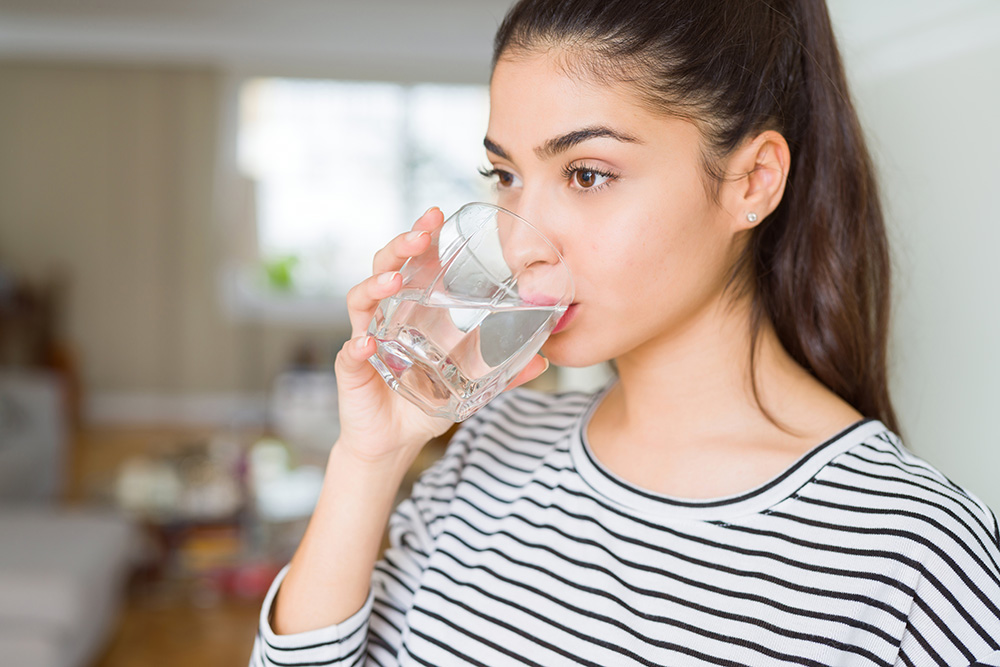
Focus on lean protein foods
Protein is essential for the body to repair and rebuild tissues, making it an important part of the post-liposuction diet. Aim to include lean sources of protein such as chicken, fish, tofu, and legumes in your meals. These foods will also help you feel fuller for longer, reducing the temptation to snack on unhealthy foods. Protein can also help prevent muscle loss during the recovery process, which is important for maintaining a toned appearance after liposuction.
Incorporate healthy fats into a balanced diet
While it may seem counterintuitive, incorporating healthy fats into your post-liposuction diet can actually be beneficial for your recovery. Healthy fats, such as those found in avocados, nuts, and olive oil, can help reduce inflammation and promote healing in the body. They can also help you feel fuller for longer, reducing the temptation to overeat or snack on unhealthy foods. Just be sure to consume these fats in moderation, as they are still high in calories.Eat plenty of fruits and vegetables
Including nutrient-dense food such as plenty of fruits and vegetables is important after lipo surgery. These foods are rich in vitamins, minerals, and antioxidants that can help support your body’s healing process. Aim to include a variety of colourful fruits and vegetables in your meals, such as leafy greens, berries, citrus fruits, and cruciferous vegetables like broccoli and cauliflower. These foods can also help you feel full and satisfied without consuming excess calories.Avoid processed and high-sugar foods
When it comes to what to eat after liposuction, it’s important to avoid processed and high-sugar foods. These foods can increase inflammation in the body, slowing down the healing process and potentially leading to complications. Instead, focus on whole, nutrient-dense foods that will provide your body with the energy and nutrients it needs to recover.Stay hydrated and limit alcohol consumption
Staying hydrated is crucial after liposuction as it helps flush out toxins and aids in the healing process. Aim to drink at least 8-10 glasses of water per day. Avoid sugary drinks and caffeine as they can dehydrate you. Limit alcohol consumption as it can interfere with the healing process and increase the risk of complications. If you do choose to drink, do so in moderation and avoid alcohol for at least 48 hours after the procedure.
